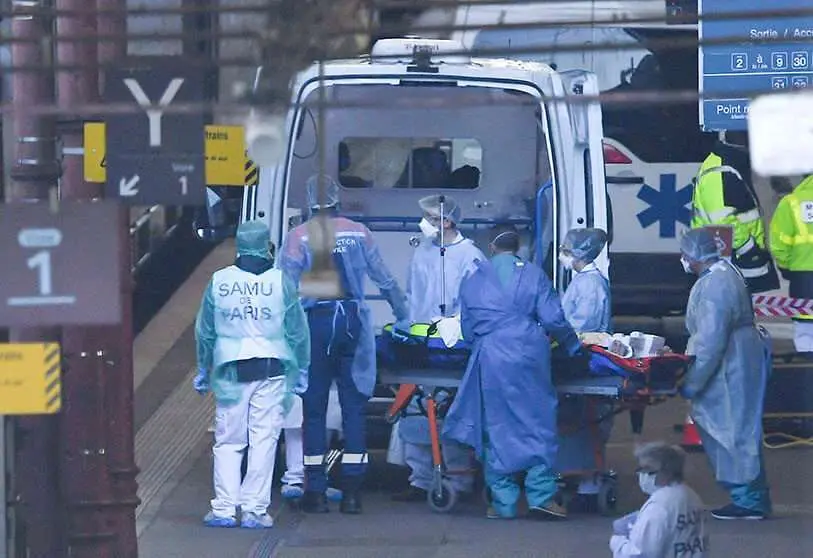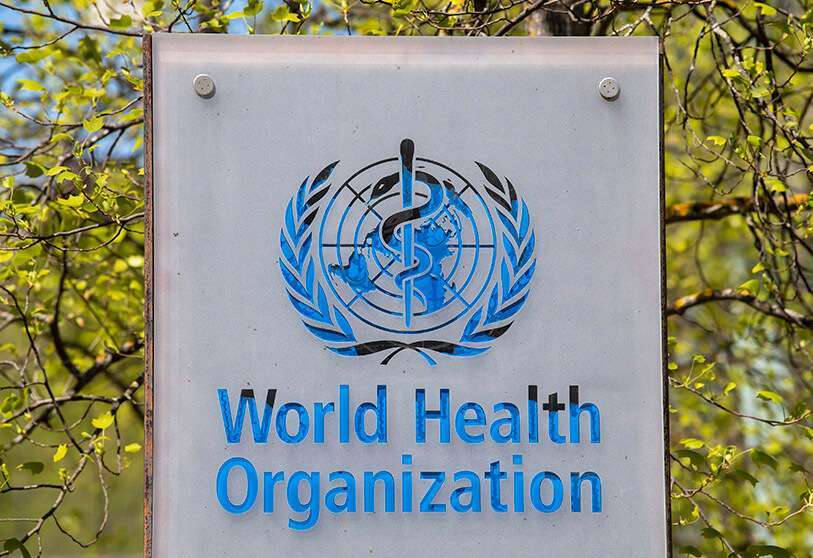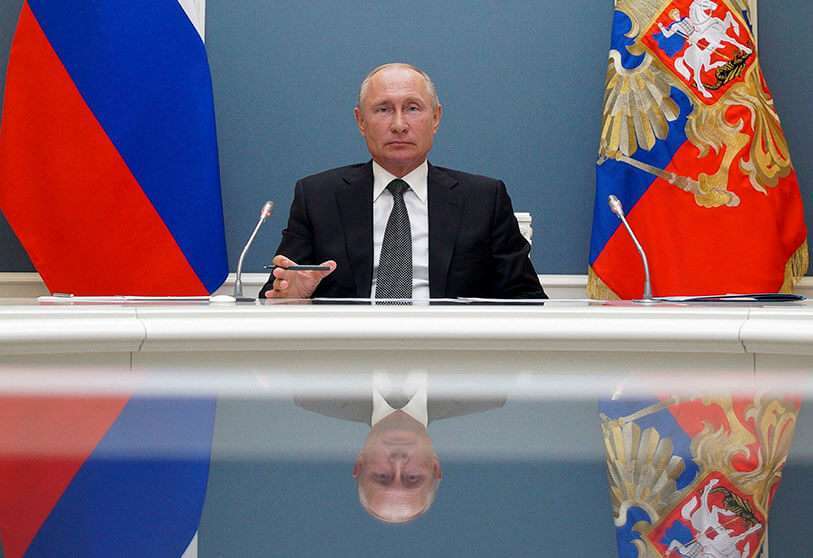COVID-19 delta sub-variant hits Europe

Viruses mutate frequently. This is nothing new. Nor is that SARS-CoV-2, which caused the pandemic, does. In fact, COVID-19 has entered several genetic phases or variants, from alpha to delta. And now, a new genetic modification of the virus is hitting several regions of the globe, especially the European continent, which has seen a spike in infections in recent weeks.
The delta variant has become dominant since its appearance in India a year ago. Since then, it has been detected in at least 190 countries and has contributed significantly to the increase in infections and hospitalisations, even in areas with a high vaccination rate. Experts attributed this to its high infectious capacity, which doubled the virulence of the original strain, and the relaxation of protective measures.
In recent weeks, several countries have discovered a new delta subvariant, scientifically known as AY.4.2, which, according to preliminary studies, could be 10% more infectious than the original variant. It is already present in countries such as the United Kingdom and Russia, two of the most affected countries in the context of increased infections and deaths.

Europe has seen an increase in cases for the third week in a row, according to the World Health Organisation (WHO). At the end of last week, a total of 1.3 million cases were reported on the continent, an increase of almost 7% compared to the first week of October. This makes Europe the only region of the six WHO member states to have maintained its upward trend.
Among the hardest hit European countries are the Czech Republic, Hungary and Poland, with a 50% increase in infections over the last seven days. The latter, in legal dispute with the European Union, has recorded a new peak in daily cases for the second day in a row. These figures prompted Warsaw to react on Wednesday, when it announced the imminent imposition of "drastic measures" related to the use of masks and social distancing.
However, Russia and the United Kingdom, the focus of the new sub-variant, stand out. So much so that President Vladimir Putin on Wednesday imposed a week-long lockdown for workers, with the 30th to the 7th being designated as "non-working days", to curb the spread of the virus. Only 33% of the population has completed the vaccination schedule, insufficient figures despite having their own vaccine.

Russia has managed to export the vaccine to the European Union via Hungary. The Magyar nation, with which Brussels is also engaged in a deep political row, will receive the technology required to produce the Russian Sputnik V vaccine this year, and would be the first EU country to do so despite the fact that it has not yet been accepted by the commission.
Nevertheless, Russia records more than 1,000 deaths per day from COVID-19. These figures highlight the Kremlin's failure to manage the pandemic. Critics of President Putin point out that the vaccination campaign has not been consistent and a large part of Russian society distrusts the government. This has been similar in countries such as Belarus, Ukraine and other Eastern European countries, where scepticism remains.








